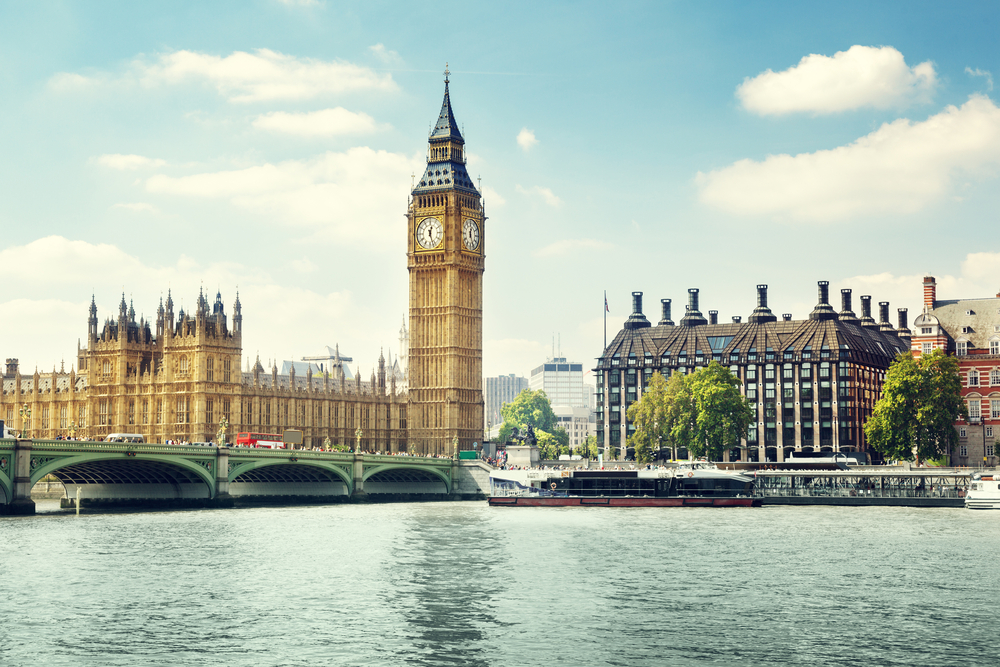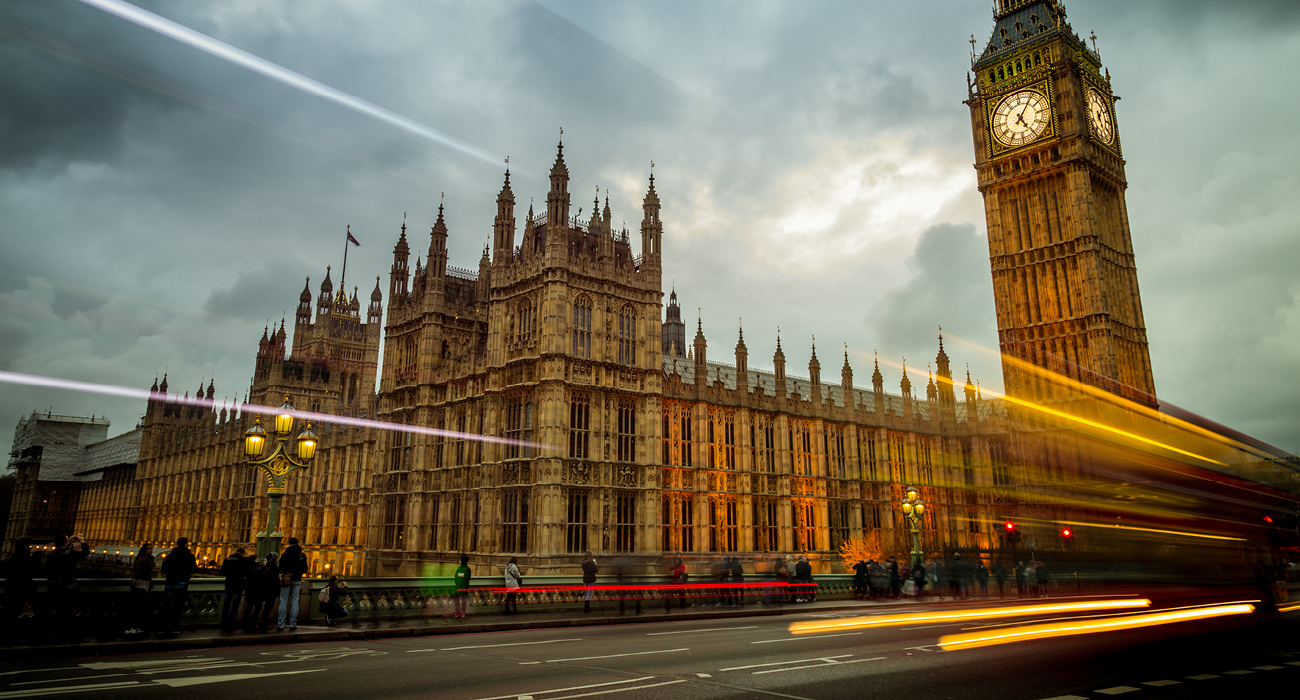That’s how Business and Energy Secretary Kwasi Kwarteng described the UK’s Energy Security Bill, as he introduced it to Parliament today (6 July).
He claims the 26 measures set out in the Bill “will allow us to stand on our own two feet again, reindustrialise our economy and protect the British people from eye-watering fossil fuel prices into the future."
These measures cover three key themes:
1. Protecting consumers from unfair pricing
This includes extending the existing price cap (which doesn’t directly impact businesses) and encouraging more competition among energy networks to control costs.
Clearly, the best way to protect consumers would be to reform a wholesale market that takes its lead from gas, regardless of generation technology. While this is being looked at (and will be discussed in a forthcoming blog), increasing energy security – as below – will ultimately support this.
2. Boosting investment in clean technologies and building a homegrown energy system
This is of greater relevance to businesses and includes initiatives to:
- Accelerate the growth of low-carbon technologies including carbon capture usage and storage (CCUS) and hydrogen
- Establish a framework to enable the set-up and scale-up of the first-of-a-kind carbon transport and storage networks
- Enable the delivery of a large village hydrogen heating trial by 2025
- Help to establish a market-based mechanism to step up investment and lower the cost of electric heat pumps, while scaling up domestic manufacturing and installation
- Become the first country in the world to legislate for fusion energy, removing uncertainty for the fusion industry
So, lots of possible interest to keep an eye on here. Plus the need to be aware that some of these initiatives are likely to result in a cost to consumers via yet more levies added to energy invoices.
3. Ensuring the safety, security, and resilience of the UK’s energy system
These measures mostly focus on boosting security from climate change protestors and enhancing regulation around liability for nuclear or oil leaks, so no direct relevance to business consumers.
Where’s support for energy efficiency?
What’s perhaps more surprising in a piece of legislation that looks at energy security is the absence of anything to encourage consumers to conserve this valuable resource by using less of it.
Only last week, the Climate Change Committee warned that the UK is not on track to meet its medium or long-term emissions goals. Maximising energy efficiency is clearly vital to help reduce consumption, cost and carbon.
There was also no support on offer to help businesses struggling to cope with record energy prices.
Lobbying for more help for businesses
This could, of course, change as the Bill progresses through Parliament. Our Policy team will certainly be lobbying for more positive support for businesses. So we’ll see what amendments emerge on the Energy Security Bill’s journey to getting approved.
If you’d like to better understand how this proposed piece of legislation could impact your business, then do get in touch.
There could be opportunities here that could help your business become more resilient and energy secure, in addition to the many that already exist.
Talk to your Client Lead or Account Manager if you’re an existing customer. Or get in contact with one of our energy experts.

/npm214%20Digital_H_UB102.jpg)
/npm214%20Digital_H_UB105.jpg)

/npm214%20Digital_H_UB15.jpg)
/npm214%20Digital_H_UB121.jpg)

/npm214%20Digital_H_UB100.jpg)
/npm214%20Digital_H_UB141.jpg)

/Author%20Profile%20Ainsworth_Anthony_G.png)
